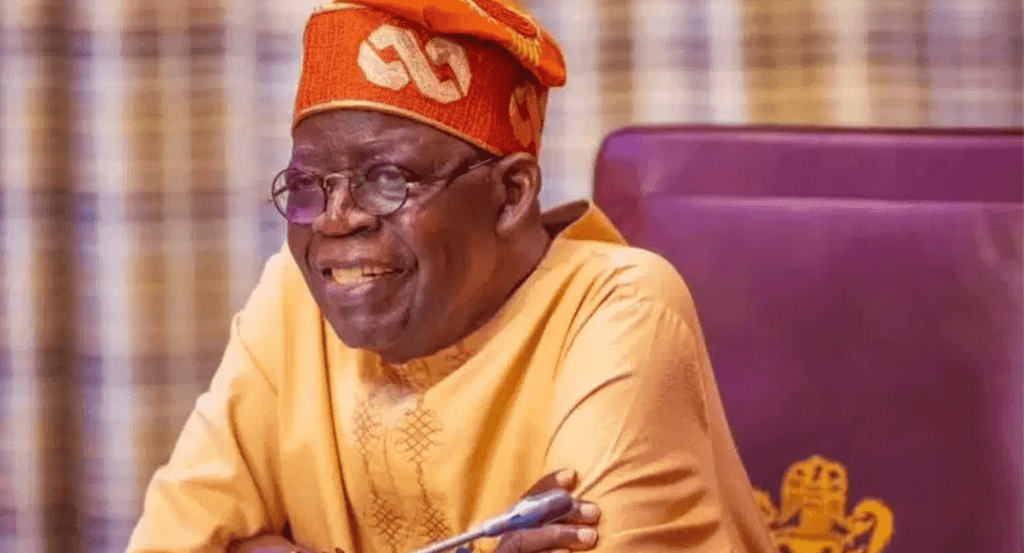President Bola Ahmed Tinubu’s administration has outlined an ambitious economic strategy to cut Nigeria’s inflation rate from over 34% to 15% by the end of 2025. This initiative, revealed by Tanimu Yakubu, a senior economic advisor, comes as part of the broader vision for economic transformation encapsulated in the recently presented ₦47.9 trillion 2025 budget.
The 2025 budget prioritizes tackling inflation, spurring growth, and addressing critical sectors such as debt servicing and salaries, which account for ₦24.8 trillion of the total allocation. Yakubu emphasized that reducing inflation will involve a multi-pronged approach focusing on boosting local production, curbing excessive import dependence, and stabilizing the naira through improved monetary policies.
The government has also pledged to invest significantly in infrastructure, allocating ₦4.06 trillion, and in defense, with ₦4.9 trillion earmarked for security. These investments aim to create a conducive environment for economic growth while ensuring stability in the face of rising security challenges.
Despite the ambitious targets, critics have raised concerns about the feasibility of achieving a 15% inflation rate, given the ₦13 trillion budget deficit projected for 2025. This deficit will be financed through increased borrowing, which has sparked debates about Nigeria’s growing debt profile. However, proponents argue that the transformative measures in the budget could offset these challenges and steer the economy towards recovery.
As part of its efforts to stimulate economic activities, the National Assembly (NASS) has adjourned plenary sessions for the Christmas and New Year holidays, allowing lawmakers to engage their constituencies and discuss the budget’s potential impacts with their electorates.
The administration’s deep vision for economic transformation has drawn mixed reactions. Supporters highlight the boldness of the plans, particularly in addressing inflation, while skeptics caution that without effective implementation, the goals may remain unattainable.
As the nation enters 2025, the Tinubu administration faces the critical task of translating its vision into tangible outcomes that alleviate economic hardships and restore confidence in Nigeria’s financial stability.




















